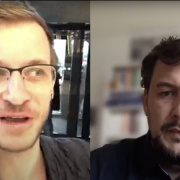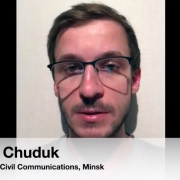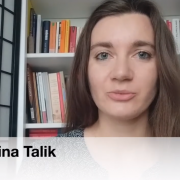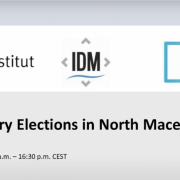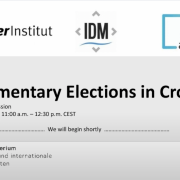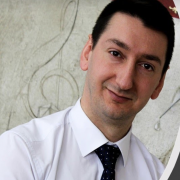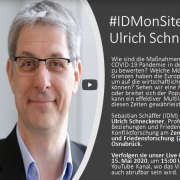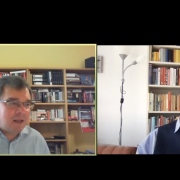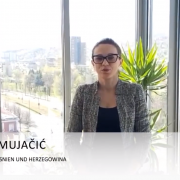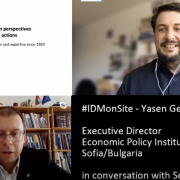IDMonSite/Belarus: Pavel Chuduk
IDMonSite/Belarus: Pavel Chuduk
ebastian Schäffer, Managing Director of IDM, interviews Pavel Chuduk, founder of the Center for Civil Communications: Who are the people demonstrating in Belarus? What are their main demands? What unites them? Which role does the EU play for the protest movement? Will Lukashenko be successful in securing his power? Pavel Chuduk is taking part in the ongoing mass demonstrations for free elections and the resignation of President Aleksandr Lukashenko in Belarus. On 9. August 2020, he was detained by the police. In a spontaneous interview with IDM during the “March of Unity” on 6. September 2020 he describes the situation on site, reports on police violence and talks about the geopolitical perspective of his home country.

